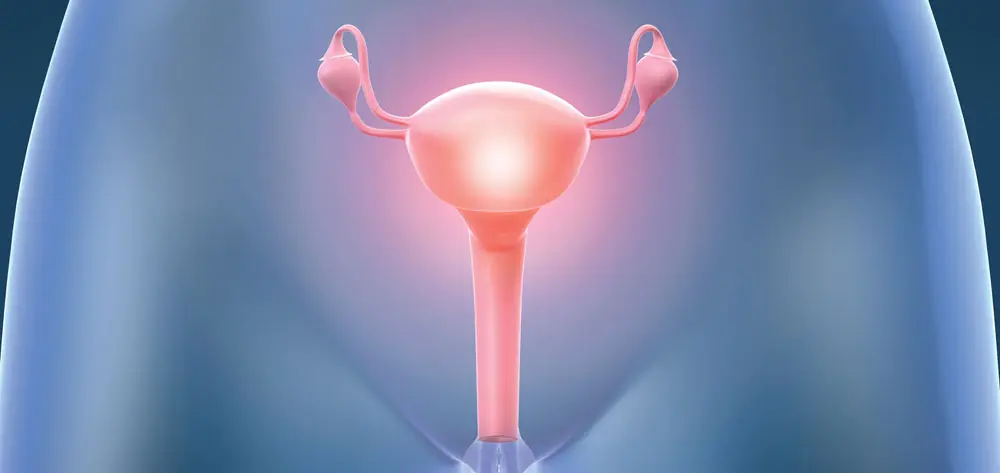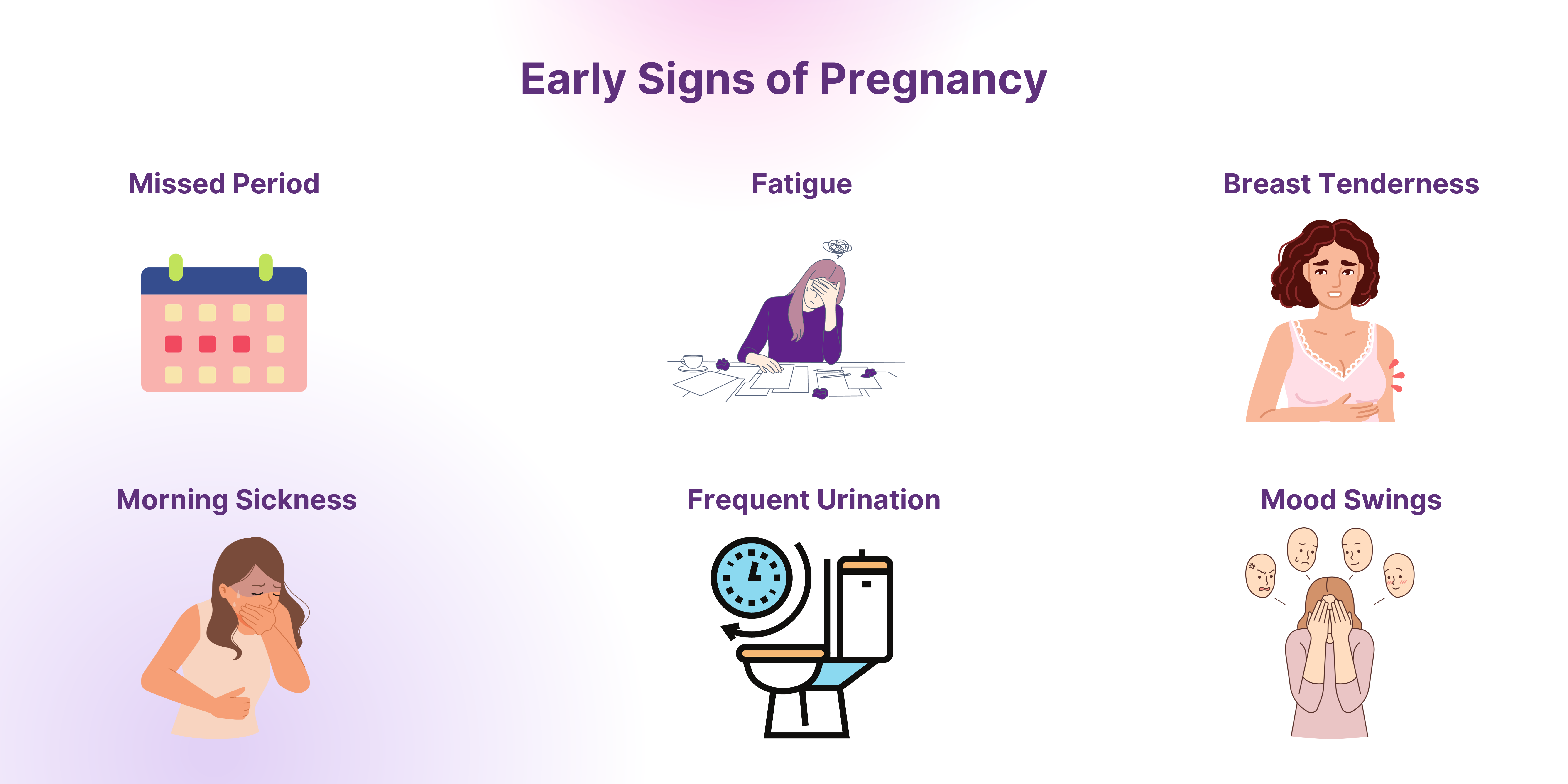Women’s reproductive health depends critically on hormones, which affect everything from monthly cycles to menopause and conception. Knowing how these chemical messengers function will enable women to more properly control their reproductive health.
The primary hormones involved in female reproductive health, their purposes, and how to preserve hormonal balance by lifestyle and food decisions are discussed in this paper.
Important Hormones in Female Reproduction:
Oestrogen
Though it is present in men and women, estrogen is sometimes referred to as the main female sex hormone. Mostly produced by the ovaries, oestrogen is essential for women in:
Menstrual Cycle Regulation: Estrogen levels vary during the menstrual cycle; they peak before ovulation to ready the uterus for possible pregnancy.
Enough oestrogen is necessary for the growth and release of eggs from the ovaries.
Estrogen helps to preserve bone density, which is crucial for avoiding osteoporosis particularly in menopause.
Low oestrogen levels can cause irregular periods, hot flushes and vaginal dryness; excessive oestrogen levels can cause disorders such endometriosis or uterine fibroids.
Progestogen
Another important hormone in the female reproductive system is progesterone, which the ovaries mostly generate following ovulation. It is highly important in:
Progesterone thicken the uterine lining to sustain a fertilized egg, hence preparing the Uterus for Pregnancy. Should pregnancy fail, declining amounts of progesterone cause menstruation.
Progesterone balances the effects of oestrogen, therefore promoting a normal menstrual cycle.
During pregnancy, progesterone keeps the uterine lining intact and suppresses early labor.
Low progesterone can cause irregular cycles, heavy periods, and problems maintaining pregnancy; high levels may induce mood changes and weight gain.
Luteinizing hormone, or LH
The pituitary gland generates LH, which is mostly responsible for controlling the ovulation and menstrual cycle:
An important stage in the reproductive process, the release of an egg from the ovary is set off by an elevation in LH levels.
LH supports the luteum formation following ovulation, which generates progesterone to ready the uterus for pregnancy.
Unusual LH levels might cause problems including irregular ovulation or anovulation (absence of ovulation), therefore affecting fertility.
Follicle-stimulating hormone, or FSH
Also generated by the pituitary gland, FSH is necessary for:
FSH increases the maturation and development of ovarian follicles, each bearing an egg.
Menstrual cycle regulation is achieved by varying FSH levels in concert with LH to control reproductive activity.
Variations in FSH levels can influence ovulation and follicle growth, so causing irregular menstrual cycles and possible fertility problems.
Trogen
Although testosterone is usually connected with men, it also affects the reproductive health of women:
Supporting Libido: For women, testosterone fuels sexual arousal and desire.
Like estrogen, maintaining bone density supports bone health.
Testosterone levels can affect general well-being, energy and mood as well as other aspects.
Low testosterone can result in lowered libido, tiredness, and mood changes; high amounts can produce symptoms including acne and too much hair growth.
Maintaining Hormonal Harmony
A number of reproductive health concerns, including irregular menstrual periods, fertility difficulties, and menopause symptoms, can result from hormonal imbalances. These are tips for preserving hormonal balance by way of diet and lifestyle decisions:
- Harmonious Diet
A balanced diet supplies necessary nutrients, therefore supporting hormonal health:
Healthy Fats: Add monounsaturated and omega-3 sources including avocados, almonds, and fatty seafood. These fats balance and help produce hormones.
Foods heavy in fiber—fruits, vegetables, whole grains—help control oestrogen levels by encouraging good digestion and excretion.
Incorporate lean proteins include tofu, chicken, and turkey to provide amino acids needed for general health and hormone production.
Foods high in antioxidants—berries, leafy greens, nuts—help to lower oxidative stress and inflammation, therefore promoting hormonal balance.
- Frequent Workout
Physical exercise helps hormonal balance by:
Exercise helps preserve normal insulin levels, therefore influencing hormone balance.
Regular exercise lowers cortisol levels, a hormone that, in excess can throw off other hormones including those related to reproduction.
Exercise can help one maintain a good weight, thereby balancing hormones and supporting general reproductive health.
- Controlling Stress
Long-term stress can throw off hormonal balance, resulting in difficulties including irregular periods and infertility. Stress-managing strategies include:
Deep breathing and meditation among other techniques can help lower stress and encourage hormonal equilibrium.
Gentle physical exercises like yoga can help control tension and promote general well-being.
Enough quality sleep is something you should make sure you have every night as inadequate sleep might affect hormone balance.
- Watering
Correct hydration improves hormonal balance and general health. To keep fluid balance and support metabolic activities, try to sip lots of water all day.
- Avoiding Endocrine Disturbances
Some compounds, referred to as endocrine disruptors, can throw off hormonal equilibrium. Reduce exposure by:
Select Organic Foods: To limit your pesticide and other chemical exposure, choose organic fruits and vegetables.
Choose natural ingredients in personal care and cleaning products to steer clear of synthetic compounds possibly upsetting hormones.
Use a water filter to eliminate possible pollutants compromising hormonal health.
When Should One Seek Medical Advice?
Although dietary changes and lifestyle can greatly affect hormonal balance, some disorders could call for medical attention. If you find yourself experiencing: think about consulting a healthcare provider for guidance.
If you miss periods or have regularly erratic menstrual cycles, you might have a hormonal imbalance.
Hormonal imbalances could be a cause of your difficulty conceiving if you have been trying unsuccessfully.
Severe symptoms include extreme mood swings, notable weight changes, or too much hair growth should be seen by a healthcare provider.
Eventually
Women may help hormonal balance and general well-being by knowing the functions of important hormones including oestrogen, progesterone, LH, FSH, and testosterone. This will help them to be proactive. Maintaining hormonal health requires a balanced diet, consistent exercise, stress management strategies, avoidance of endocrine disruptors.
Accurate diagnosis and treatment for ongoing or severe symptoms depend on seeing a healthcare provider. Women can improve their quality of life and reach ideal reproductive health with wise decisions and a comprehensive approach.




